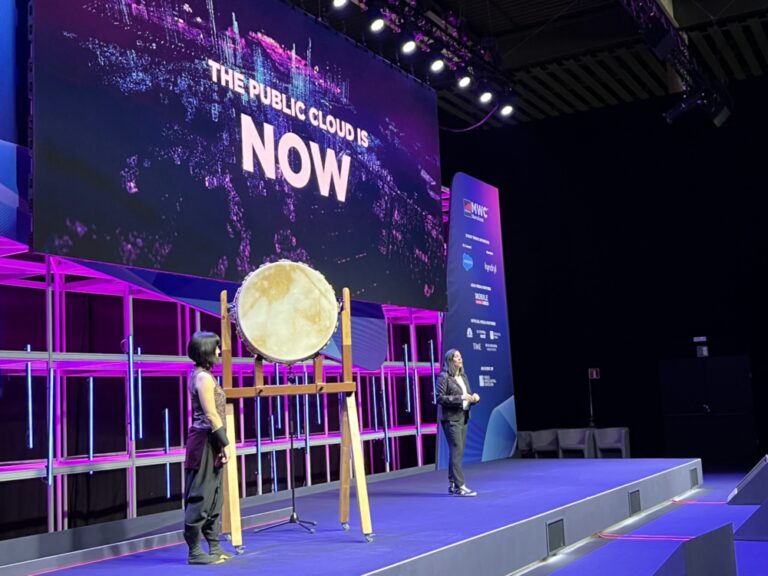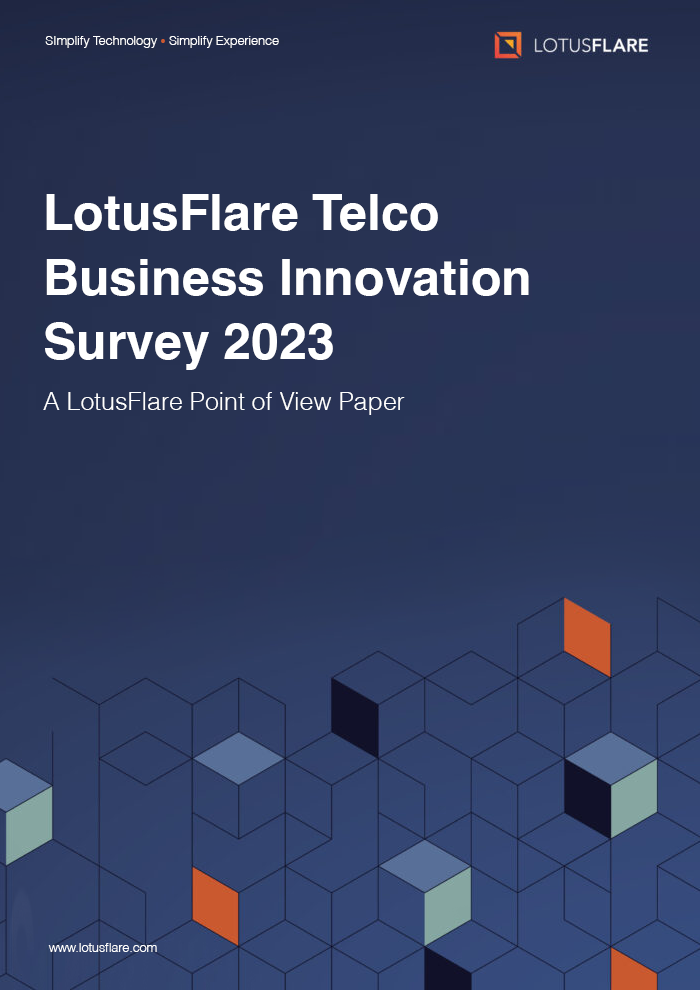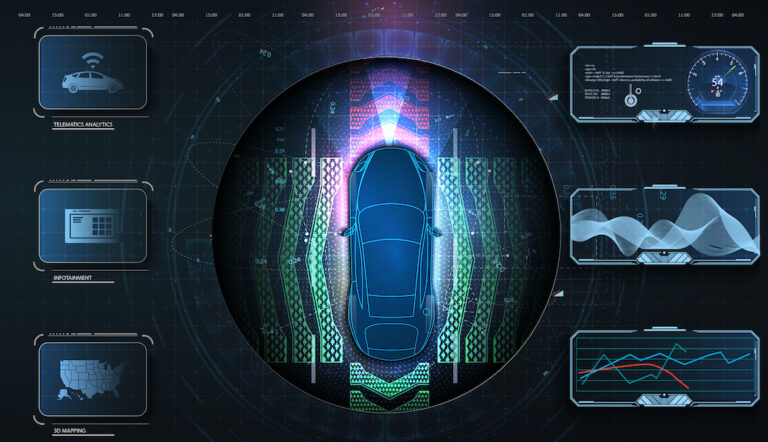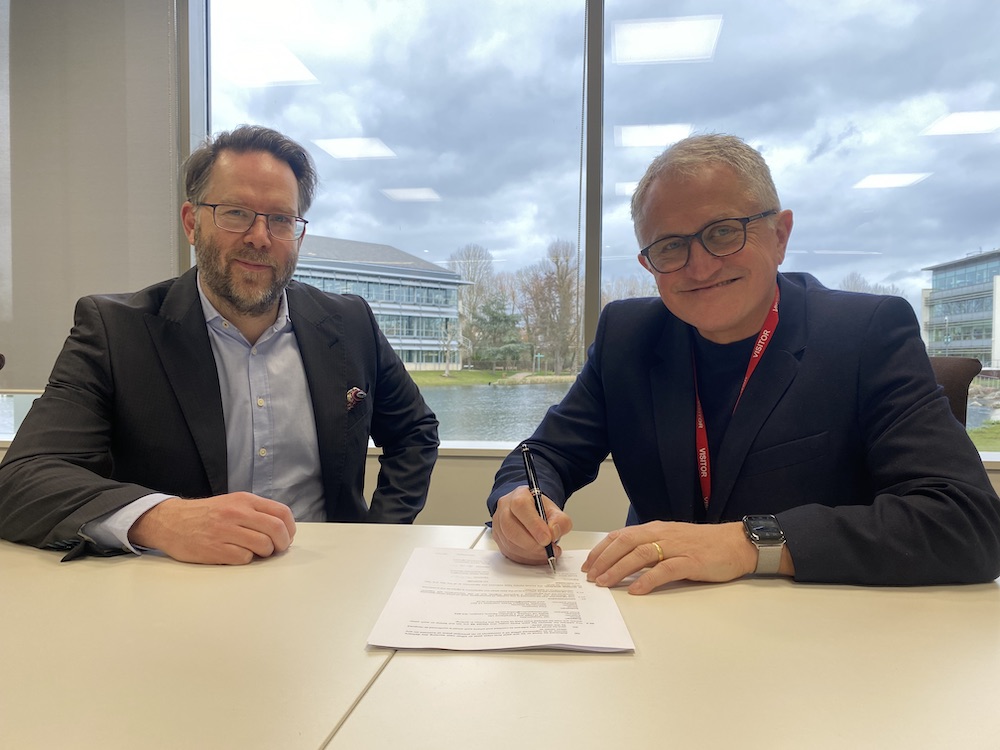Board the cloud or miss the market
Telcos must value their customers more and their machinery less, Totogi founder Danielle Royston is to tell the MVNO Summit at Mobile World Congress. The ARPU, average revenue per unit, of every customer is directly related to the vendor’s empathy for them, according to Royston. Small start up telcos that address specific niches, such as Smarty in the UK, make their money by fulfilling a specific need, such as cheap calls. However, price is a race to the bottom, warned Royston, so telcos need to find out what other qualities that the customers cherish and give it to them. In order to operate in this high-quality market, they need to know their customers better. But the requisite ‘data driven innovation’ is only possible on new systems that could take years to build.
Though the move to the public cloud in the telco industry is well underway, many old school telcos and even MVNOs are hesitating to liberate themselves and throw their workloads to the public cloud. The delay in adopting cloud-native applications will result in a loss of competitive market share and stop them benefitting from the next wave of innovation in smarter data use and artificial intelligence (AI) within the industry, Royston warned.
“Telcos must invest in creating value with data rather than devoting time and resources to in house computing,” said Royston, “It takes a telco up to two years to transform its technical apps for the public cloud. To take advantage of the next wave of ARPU growth, the industry needs to embark on the journey now.”
One of the big challenges is attracting and growing a loyal customer base. Traditionally, telcos have used the advent of a new network generation to grow ARPU but 4G and 5G failed to deliver on the promises to investors in the telco. MVNOs in competitive markets use lower prices, which resulting in even less loyalty and higher defection rates. “Both of these types of organizations must look to new methods, like using AI and machine learning to develop new, innovative ways to grow their business,” said Royston.
Telcos must use analytics to personalize the subscriber experience but that calls for create real differentiation, according to McKinsey Partner Ferry Grijpink, founder of the McKinsey Center for Advanced Connectivity. The great benefit of cloud systems is that you can try out hundreds of options until you find the right one. “Telcos have historically relied on long planning cycles to develop offers and plans to increase ARPU, but advancements in predictive AI and ML offer an untapped opportunity to programmatically design personalized next-best offers,” said Royston.
Despite the abundance of subscriber data available most telcos are unable to effectively use this data. This is because their clunky, vendor-specific data models restrict access to instant insights. You can’t tailor the perfect outfit without constantly making adjustment, warned Royson. “Once you understand your subscribers, you can tailor their experiences and create offers that create affinity. Switching from commoditisation to building loyalty will change behaviours and the way people think about telecom,” said Royston.
MWC’s inaugural MVNO Summit in Barcelona is on March 1 between 4 – 6:30 pm CET. After Totogi will host an exclusive after-party at the notable music venue, Luz De Gas.














